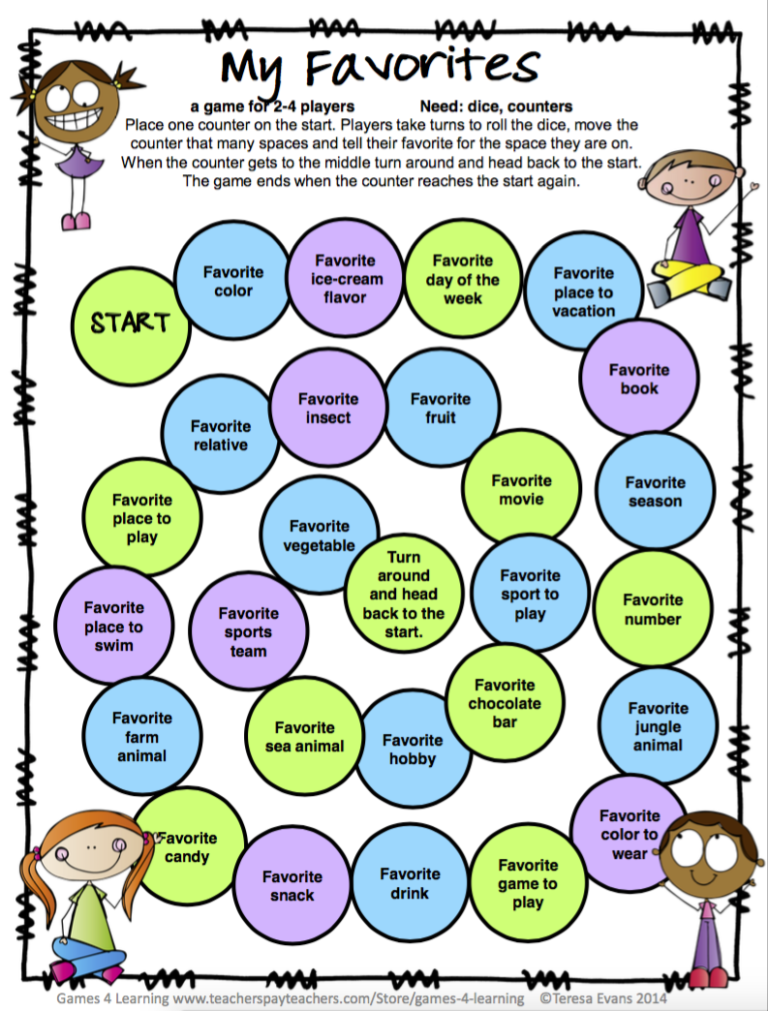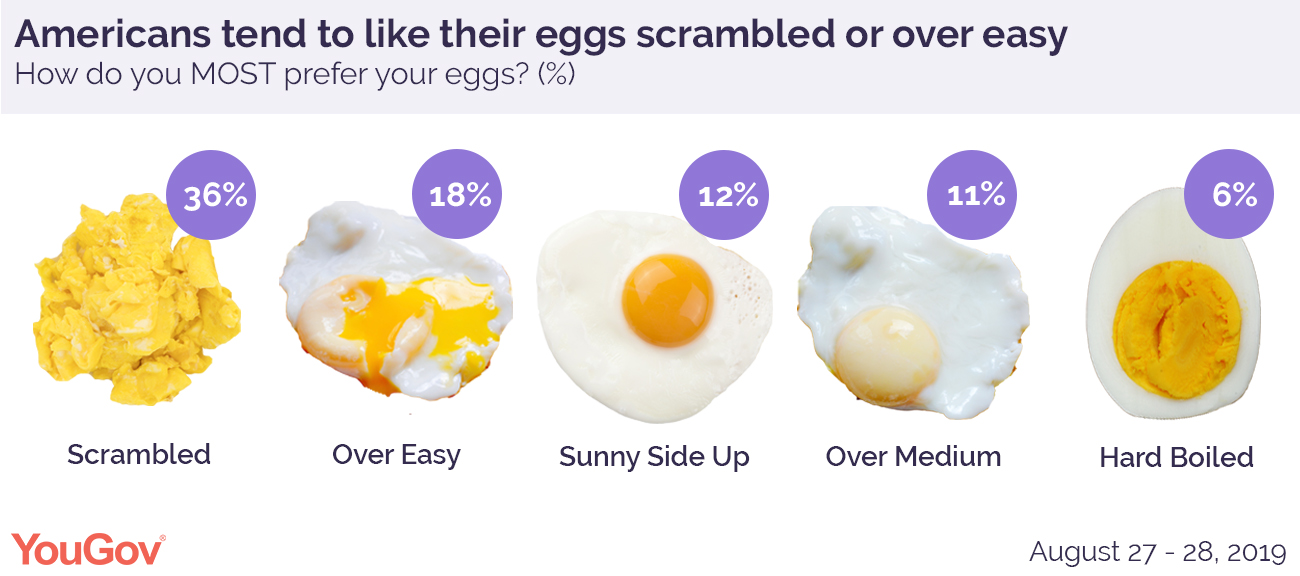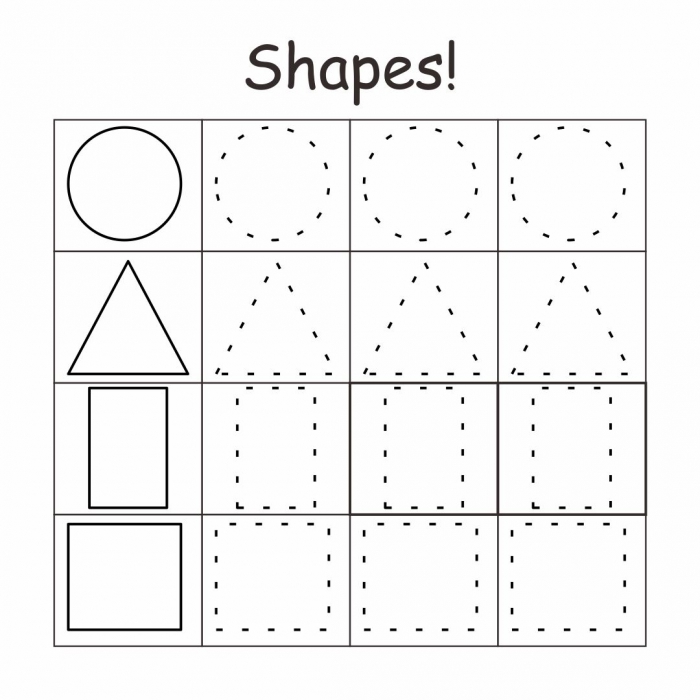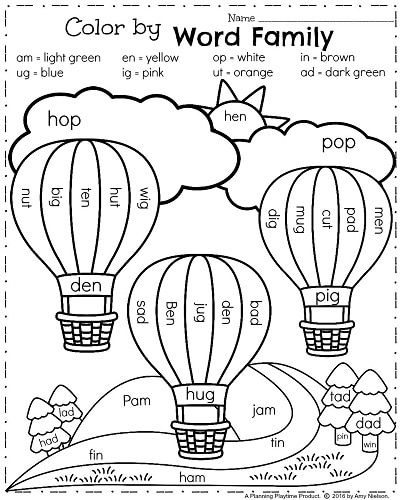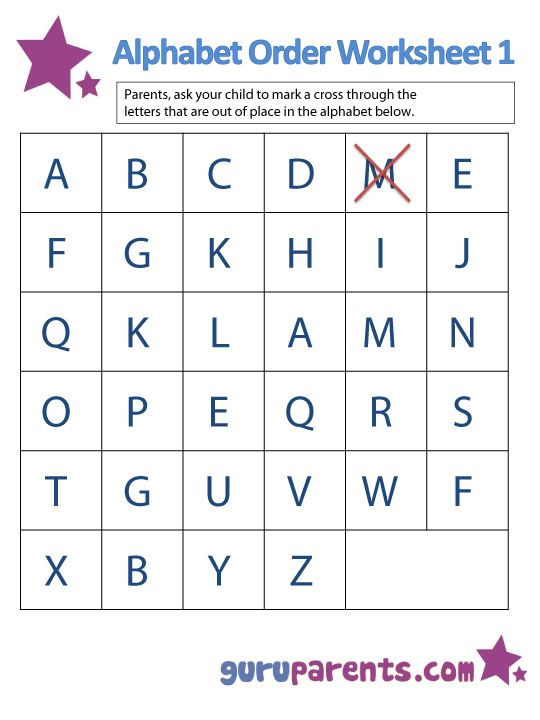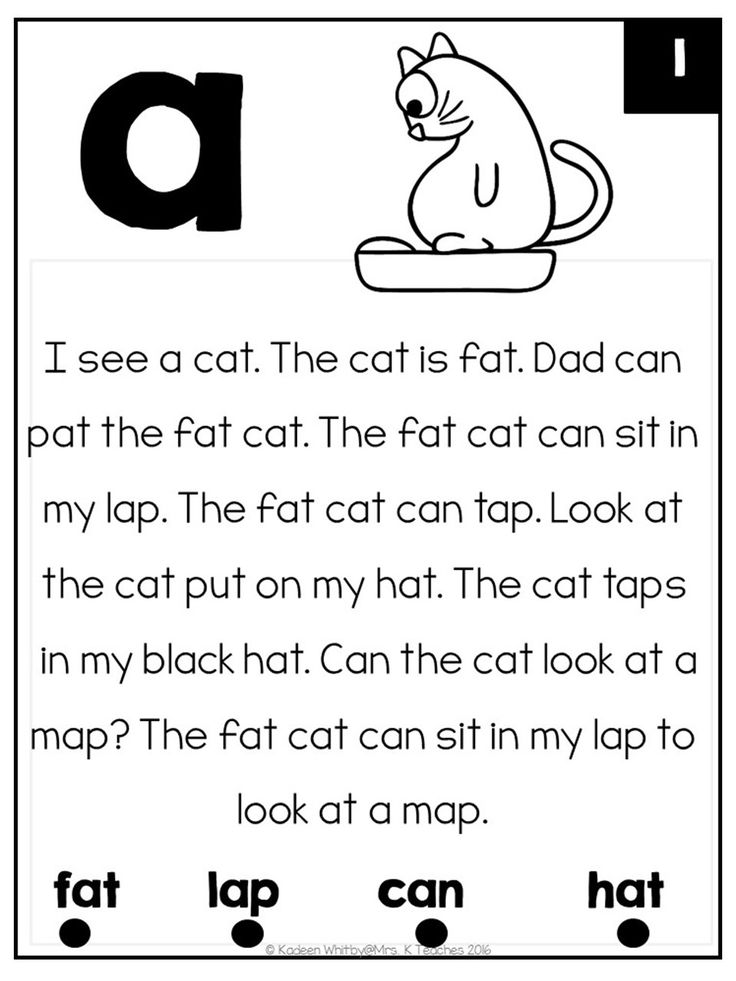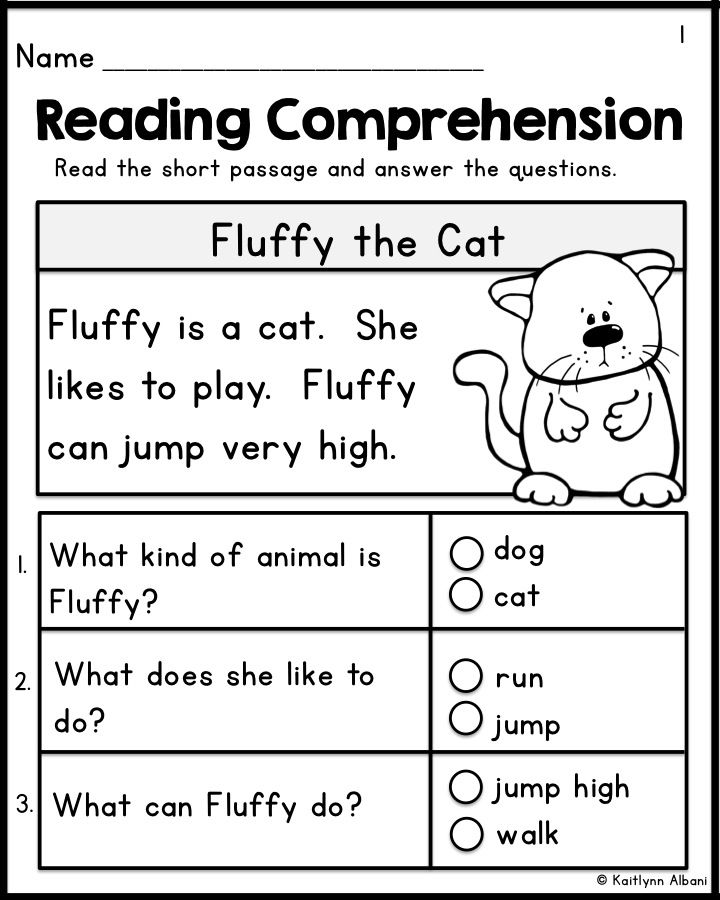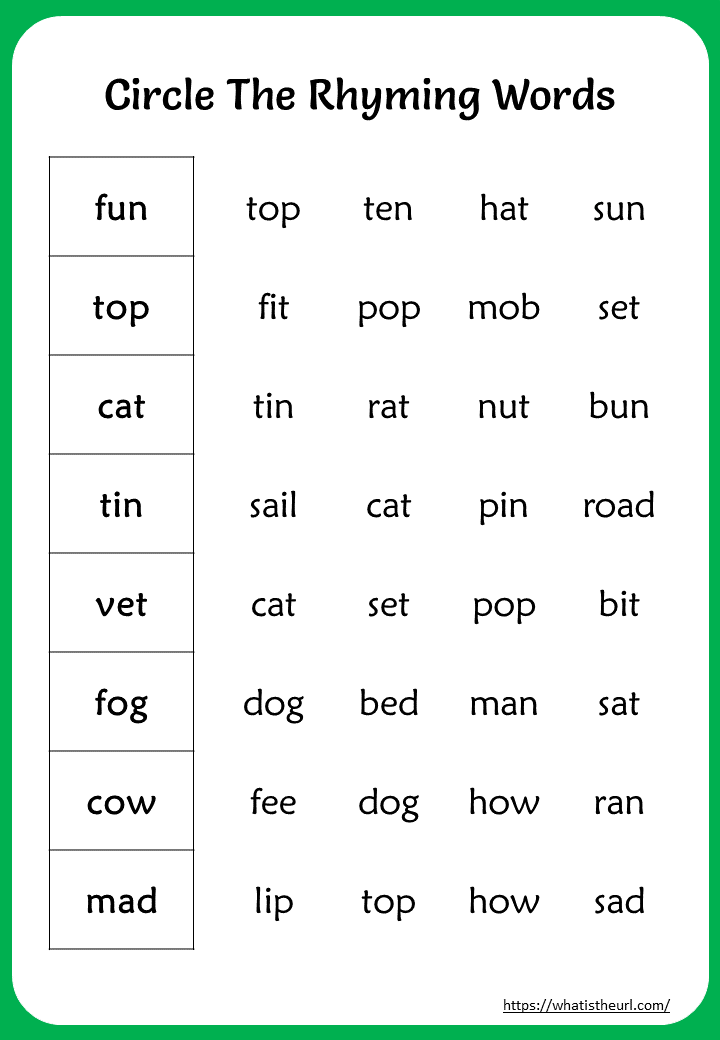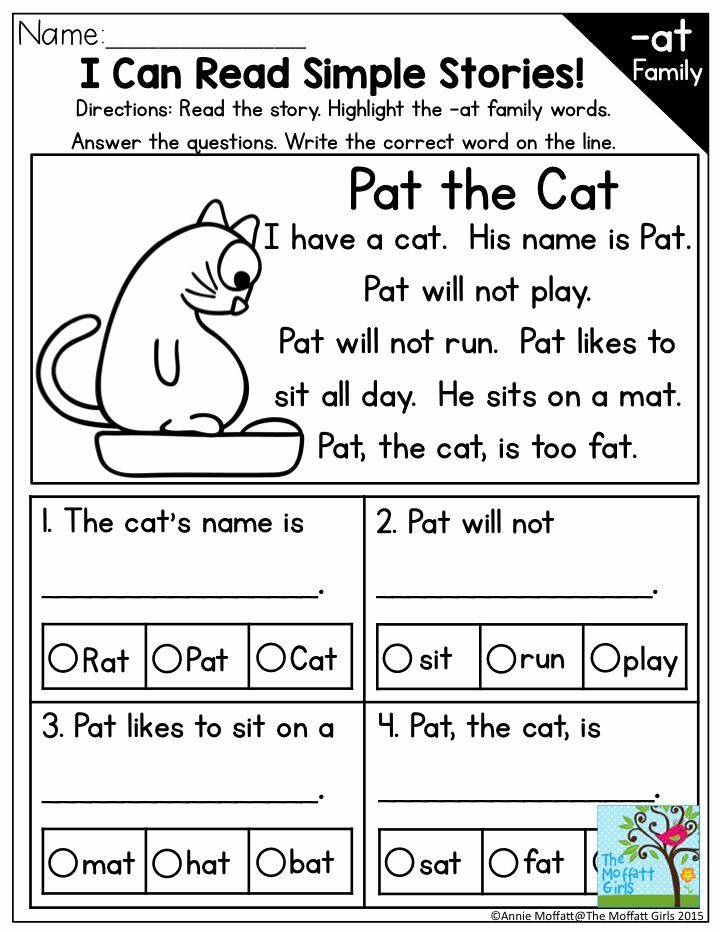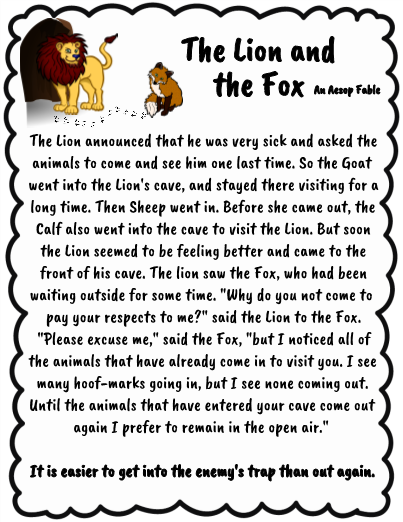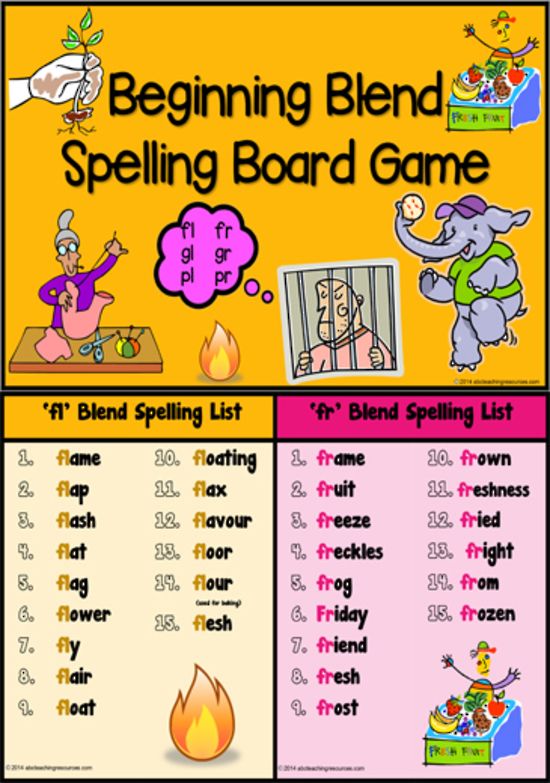When do kids learn their name
Signs of Language Development in Baby
Your baby will hit many milestones in the first year, including recognizing their own name.
This milestone in language development usually comes sometime between 4 and 9 months. But not all babies, even siblings, will reach this milestone at the same time.
Here’s more about how you can help your child learn their name, as well as when you should contact your pediatrician if you have any concerns about possible developmental delays.
You may have noticed that your baby looks at you when you speak. Babies do this early on, even before they’re capable of knowing their names.
So, how exactly can you tell if your child recognizes their name? Well, it’s tough. And you can’t necessarily know for sure.
First, consider your baby’s age. While some babies are able to recognize their names as early as 4 to 6 months, most should reach this point consistently by 7 to 9 months.
Second, take note of consistency. Your little one should turn to look at you or vocalize (make noises) when you say their name.
So, pay attention to your baby’s body language and any sounds they make. If your baby consistently turns toward you, vocalizes in some way, or shows some other sign of recognition, your child probably knows their name.
You can help your child learn their name in a few ways. Don’t fret if these methods don’t work right away. Again, all babies reach milestones at different times. Your baby is moving at their own pace.
Strategies include:
- Try repetition. When you’re interacting with your child, use their name frequently. Say things like “Charlotte, would you like your bottle?” or “It’s time to change your diaper, Sammy!” Regular use of your baby’s name in conversation may help it click over time.
- Eliminate distractions. Perhaps there’s just a lot going on and your baby isn’t tuned in. Try moving to a quiet room. Give your baby a toy to play with and watch for a while. Then, see if your baby responds when you say their name.
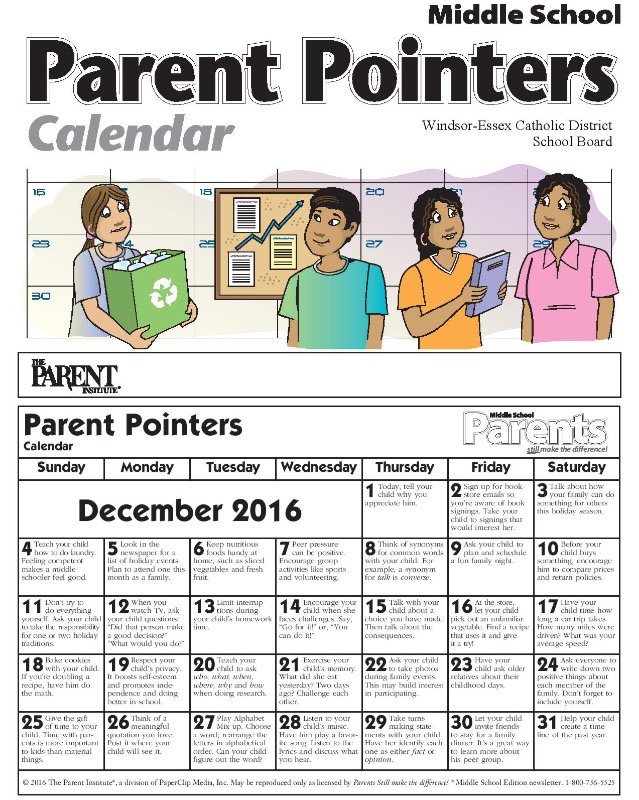
- Change your tone. Pediatric speech-language pathologist Laura Mize suggests changing your tone of voice when you call your baby. Try a singsong voice or an excited whisper of their name to see if that gets your baby’s attention better than your standard speaking voice.
- Use photos. Consider making a photo book or just looking through photographs with your baby. Point to the people you see and say their names. Do the same when you come to a photo of your child. You can say things like “Look at Elizabeth’s beautiful blue eyes!” or “That is a nice hat that Marco is wearing!”
Over the course of baby’s first year, they’ll likely recognize their name before they will be able to say it. This is because understanding speech and talking are different skills that evolve over unique time lines.
While your baby may recognize their name as early as 4 to 6 months, saying their name and the names of others may take until somewhere between 18 months and 24 months.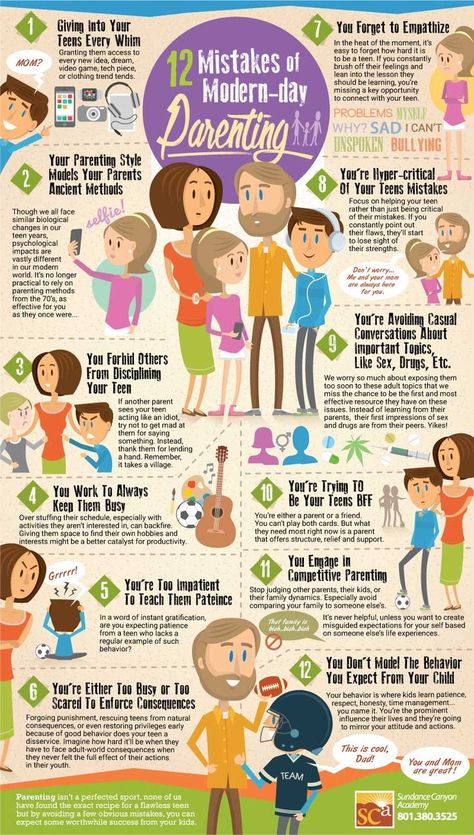
Your baby saying their full name at your request is a milestone they’ll likely reach between 2 and 3 years old.
What can you do to help?
Toddlers may enjoy playing the What’s your name? game. It’s simple, really. Start by asking: “What’s your name?”
Then, immediately answer by saying your little one’s name slowly and clearly. Over time, you may find your child answers before you do.
Keep in mind that some names are easier to say than others. For example, Bob or Ann may be easier on the tongue than Xavier or Gwendolyn. If your child’s name has multiple syllables, consider creating a short nickname to use until your child’s speech sounds are better developed.
It’s a good idea to contact your baby’s pediatrician if your little one doesn’t consistently respond to their name by the time their first birthday rolls around.
Your child’s doctor may suggest you have your little one’s hearing checked or that you schedule an evaluation with Early Intervention Services to see if you qualify for free therapy with a speech-language pathologist.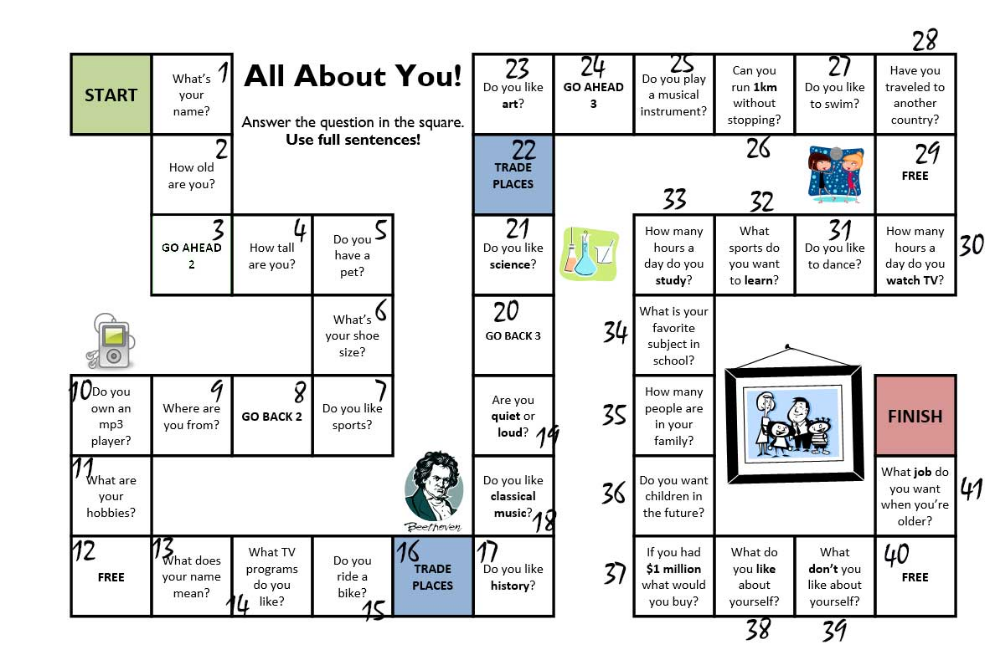
Researchers of a 2017 study suggested that not reaching this milestone by 12 months may be an early marker of autism, social communication issues, or other developmental delays. It could also stem from hearing difficulties or a type of language disorder.
Communicating with your child is one of the best parts of being a new parent. It’s incredibly exciting to see your little one’s eyes light up when you say their name.
If your baby hasn’t reached this milestone yet, take a deep breath. They’ll move at their own pace in developing their language skills.
However, don’t hesitate to contact your child’s pediatrician if you have concerns about your baby’s development. The doctor can answer any questions you have about speech and language development, as well as point you to any support and services you need.
When Do Babies Recognize Their Name? A Language Specialist Explains
Child Development
This step in development is a sign that the language building process is underway.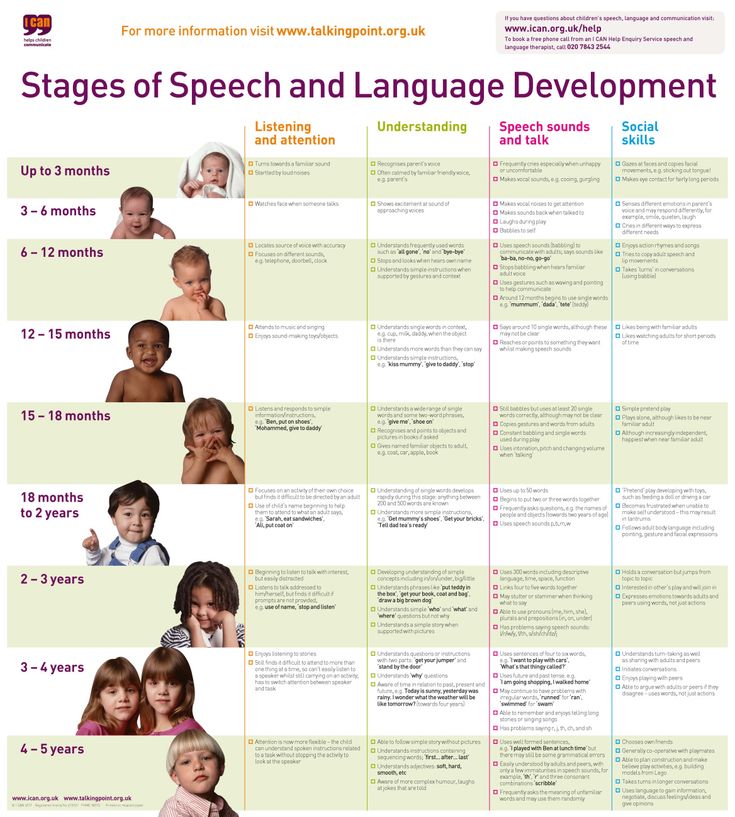
by Christian Dashiell
Updated:
Originally Published:
StockPlanets/E+/Getty Images
When they enter the world, your infant has no idea what a great job you did naming them. In fact, they will likely hear their own name repeated hundreds of times in their first month of life, all before they figure out the word is even related to them, much less how great it is. So, it makes sense for a parent seeking the recognition they so rightly deserve to want to know: When do babies recognize their name?
It doesn’t take long for infants to begin responding to the world around them. They will turn towards their mother or father’s voice almost from the outset and will smile at smiling faces. And that sometimes leads to assumptions that a baby know their name.
Parents may think their baby is responding to their name as early as 4 months, but that’s probably not the case.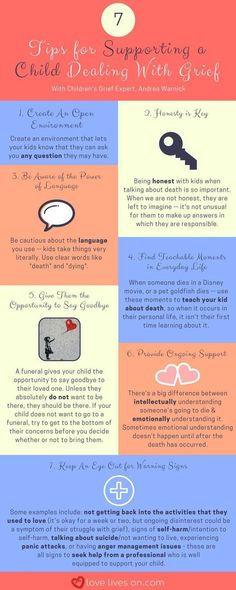 They’re more likely giving attention to a familiar and comforting presence. But that’s good too! It’s a sign that their hearing is working well, they’re exhibiting muscle control, and they are forming an attachment to you. Soak up the warm and fuzzy emotional payoff!
They’re more likely giving attention to a familiar and comforting presence. But that’s good too! It’s a sign that their hearing is working well, they’re exhibiting muscle control, and they are forming an attachment to you. Soak up the warm and fuzzy emotional payoff!
That said, typically a baby will not recognize their name until around 6 months after they’re born. It’s a key milestone and an early indicator of appropriate development — a sign that your baby is starting to work toward separation and independence. And although neither of those qualities will be fully realized until age 4 or 5, the process of a baby realizing that you and they are separate beings is taking root during these early months.
How To Help Your Baby Learn Their Name
Between 5- and 9-months-old, your baby will start responding to their name instead of simply responding to your voice. Using their name repetitively tends to be an effective way to help them acquire and strengthen this ability once they are ready.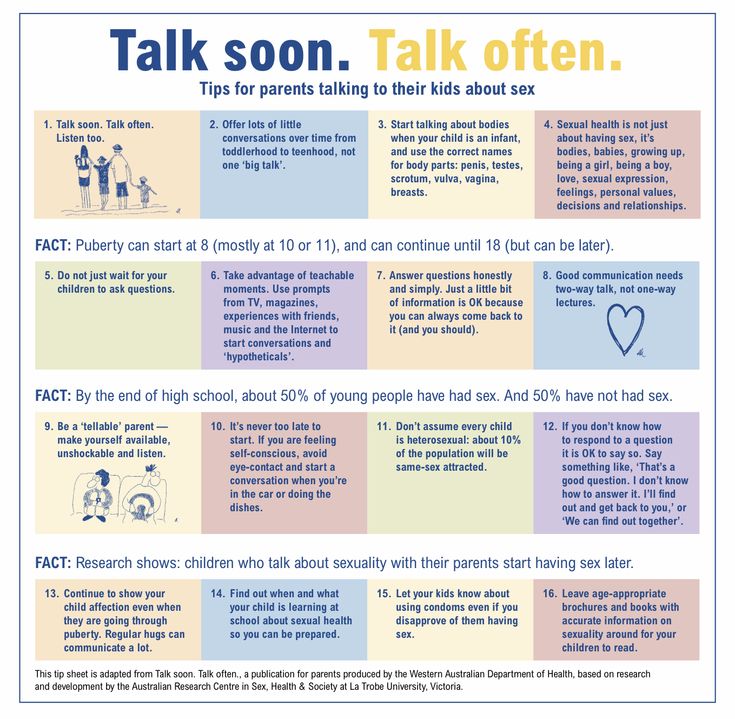
An affectionate tone of voice, warm facial expressions, and avoiding the use of nicknames will all help your baby associate their name as their own while helping them link you with love and safety. Talking your way through everyday parenting activities such as diaper changes, feedings, and playtime while referring to your baby by name will encourage both object specificity and general language acquisition.
What If My Baby Doesn’t Respond To Their Name?
If by 9-months-old your baby isn’t responding to their name, pay attention to how they are communicating and discuss it with your healthcare provider during their one-year checkup. A simple response-to-name test administered by a trained professional is an effective tool for identifying and treating possible developmental disorders.
“From a speech and language perspective, issues with name recognition can be a sign of receptive language issues as well as a delay in social-communication skills,” says Caitlin Raaz, Ph. D., Assistant Profesor of Audiology and Speech-Language Sciences at University of Northern Colorado. Luckily, a variety of interventions are available.
D., Assistant Profesor of Audiology and Speech-Language Sciences at University of Northern Colorado. Luckily, a variety of interventions are available.
“The majority of early intervention models are parent/family-centered,” Raaz says. “This means that the therapist primarily works with the parent, providing training and support so they can act as the child’s therapist. This model can be extremely effective because a parent is a child’s first and most important teacher.”
This article was originally published on
"When does a child begin to respond to his name?"
Health
- Photo
- Getty Images
In our rubric “ Ask a expert” reader Evgeniya asks:
“Our daughter is almost 5 months old now. I call her name, she turns her head, looks at me. And the husband is sure that the daughter simply reacts to my voice, and not to her name.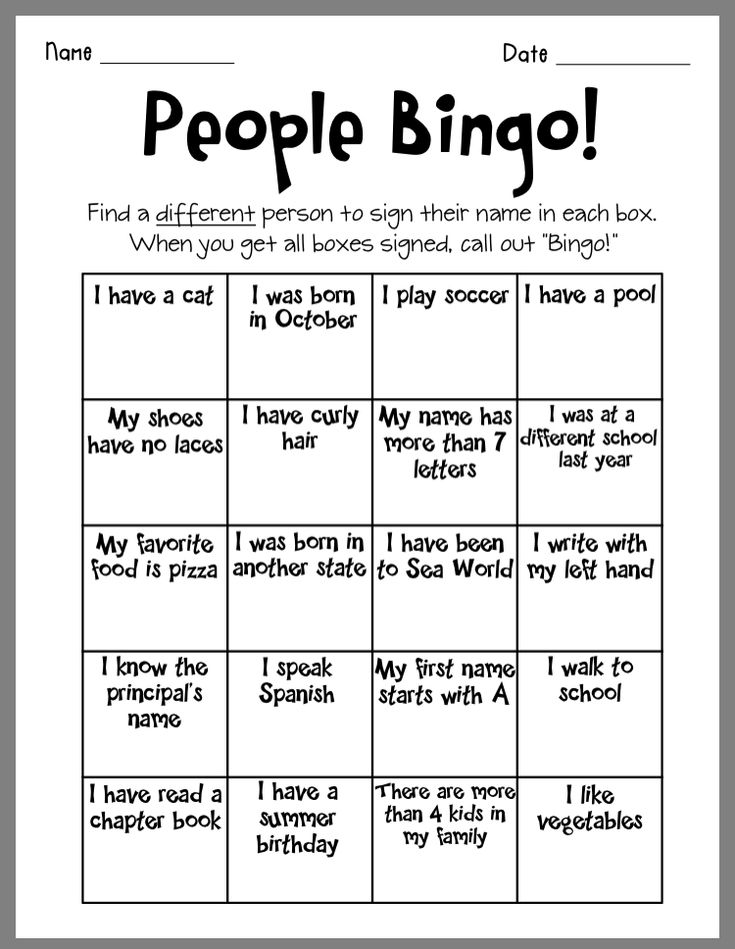 Tell me who's right At what age does a child begin to respond to his name?
Tell me who's right At what age does a child begin to respond to his name?
Clinical psychologist, child neuropsychologist, Smart Institute expert
— There are no hard and fast rules here, but most of today's children usually recognize their name by the age of 4 months and begin to react to it.
In the same period, the so-called revitalization complex manifests itself more and more clearly in children: in response to their mother's voice, they actively move their arms and legs, smile, and babble. The child is already able to pronounce sounds similar to "p", "b", "m", as well as vowels "o", "a".
If the baby has not yet begun to respond to his name at this age, do not rush to panic. The given terms are average values, and deviations are permissible within fairly large limits. You can wait a couple more months and see if the situation has changed.
In addition, the development of a child's speech abilities is one of the many components of his development. Other parameters also need to be evaluated. “Child development diaries” are best suited for this: it is easy to find such tables on the Web, where the dates for the formation of most of the most important physiological and mental systems of the baby are noted.
Other parameters also need to be evaluated. “Child development diaries” are best suited for this: it is easy to find such tables on the Web, where the dates for the formation of most of the most important physiological and mental systems of the baby are noted.
If you are unsure if your child is developing correctly, look for delays in other skills. For example, at 4 months, in addition to the absence of a reaction to your name, you should be alerted by the following signs:
-
the child does not grab or hold objects in his hand;
-
does not roll onto the stomach from the back;
-
lying on the stomach, does not rise on the hands.
-
when pulling the child by the arms when he is lying on his back, his head leans back;
-
baby does not lean on toes when held upright;
-
does not react to other people, does not show emotions: does not smile, does not get angry, does not laugh, is not surprised.
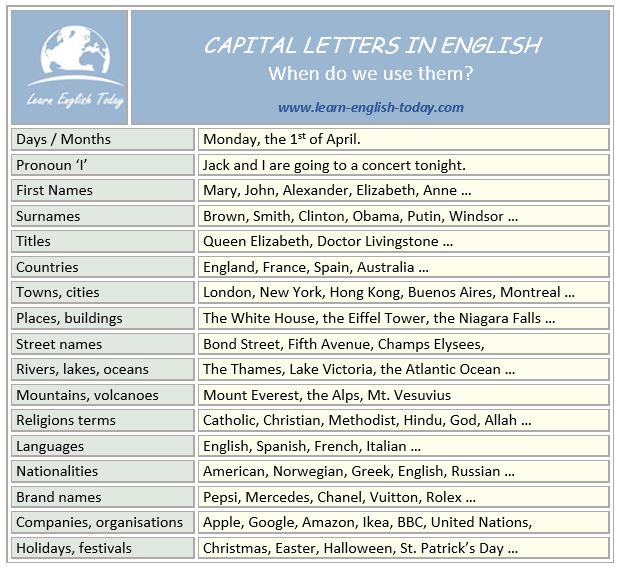 Doesn't enjoy being played with.
Doesn't enjoy being played with.
- Photo
- Getty Images
In this case, it is premature to talk about any diagnoses, but it is better to start finding out the cause of developmental delays with a visit to a pediatric neurologist. He will check all the main reflexes, evaluate the work of the analyzer systems and, if necessary, refer you to another specialized specialist.
Children first learn to catch intonation, and only after that they understand what is being said. Therefore, the child can react to any word he hears. It will be possible to determine more precisely only when you see clear signs of differentiation of the reaction: whether the child is in his name.
If the baby reacts to other words and sounds, but does not respond to the name, it is possible that he simply does not understand this word yet. It is necessary to properly introduce the child to his name. To do this, starting from the age of three months, tell the baby about his name in a playful way. Show toys, name objects, then touch the baby and say his name.
It is necessary to properly introduce the child to his name. To do this, starting from the age of three months, tell the baby about his name in a playful way. Show toys, name objects, then touch the baby and say his name.
Expert
Reading today
“We always celebrate the New Year with the mother-in-law, whom you cannot please. How can this tradition be changed?
“My mother-in-law reprimanded me: “I married a simple guy, not a prince – now don’t complain!””
“When a girl was born, the customer refused the child”: revelations of a surrogate mother
Online broadcast and funeral at sunset: 8 features of the burial of Elizabeth II
A lot of tenderness and funny outfits of the daughter: 30 best photos of Irina Shayk and Bradley Cooper months, looks at you when you call him by name. But more often than not, he just reacts to the voice. But the child begins to recognize his name between the ages of 4 and 9months.
Signs that a child knows his name
First, consider your child's age.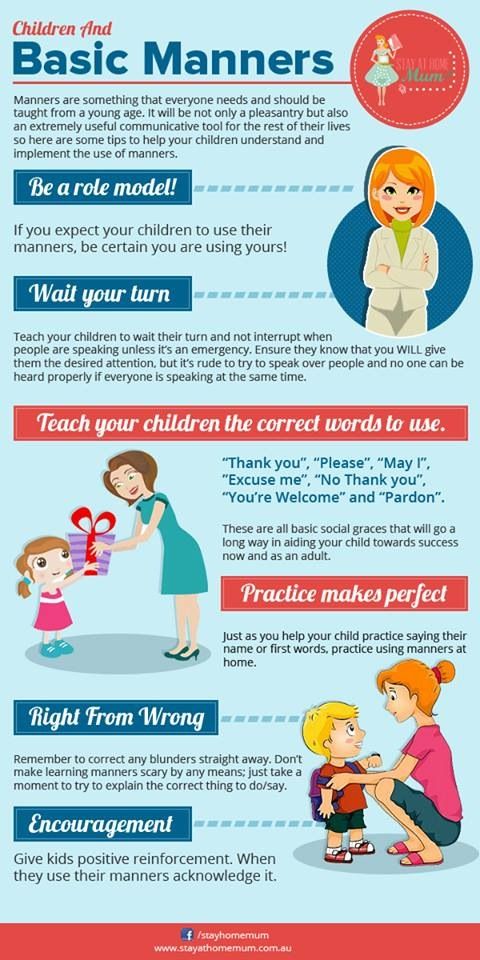 While some babies can recognize their names as early as 4 to 6 months of age, most should reach this developmental milestone by 7 to 9.
While some babies can recognize their names as early as 4 to 6 months of age, most should reach this developmental milestone by 7 to 9.
Second, pay attention to his actions. Your baby should not only turn to look at you, but also make sounds when you say his name or show any other signs of recognition.
How to help your baby learn his name
Try saying it often. When you communicate with your child, use his name often. Say this: "Sasha, do you want a bottle?" or "It's time to change the diaper, Sveta!".
Eliminate distractions. Try moving to a quiet room. Give your child a toy that he can play with and take his mind off what is going on around him and watch him for a while. Then see if your child reacts when you say his name.
Change your tone. Children's speech therapist Laura Meese suggests changing the tone of your voice when you call your child. Try chanting or whispering his name to see if it grabs your child's attention better than your normal voice.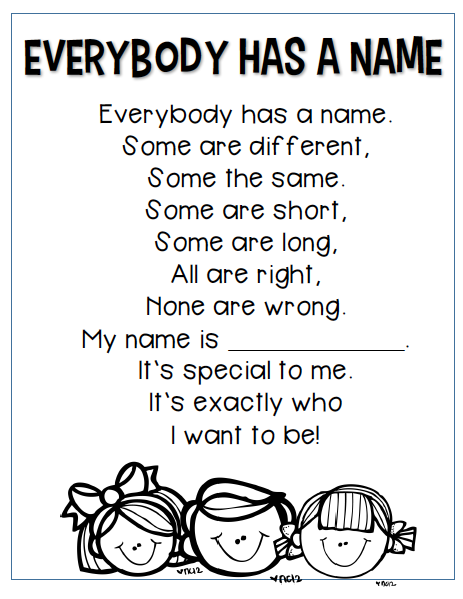
Use photos. Consider making a photobook or just browsing through the photos with your child. Point to the people you see and say their names. Do the same when you approach a photo of your child. You can say something like: "Look at Anechka's beautiful blue eyes!" or “What a beautiful hat on Seryozha!”
When will the child say their own name?
Speech comprehension and speech are different skills that develop over different time frames.
While your baby may recognize their own name as early as 4 to 6 months of age, it can take 18 to 24 months to say their own name and other people's names.
Your child will start saying his or her full name at your request at around two years of age.
To help him learn the name early, start by asking, "What's your name?" Then immediately answer yourself, slowly and clearly pronouncing the name of your baby.
Be aware that some names are easier to pronounce than others. If your child's name has multiple syllables, consider creating a "short version" to use until your child's speech is better developed.